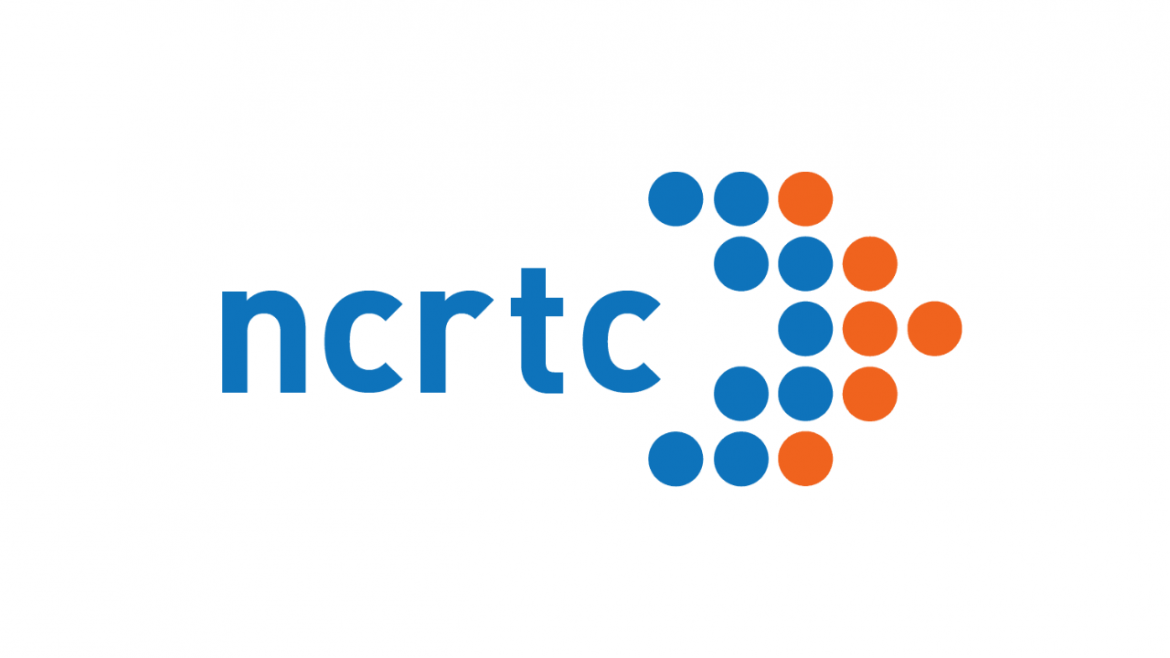The National Capital Region Transport Corporation (NCRTC) has unveiled a comprehensive plan to improve last-mile connectivity for commuters using the Regional Rapid Transit System (RRTS) between Delhi and Meerut. This initiative aims to provide passengers with a variety of transportation options at all RRTS stations, making their journeys more convenient and efficient.
In a statement released on Thursday, the NCRTC outlined its strategy to offer an array of services including rental two-wheelers, cab services, autorickshaws, and feeder bus services at every RRTS station along the Delhi-Meerut corridor. This move is designed to address the crucial need for efficient last-mile connectivity, a factor that often determines the overall effectiveness of public transportation systems.
As part of this effort, the NCRTC has already implemented several measures. Passengers at Sahibabad and Ghaziabad stations can now enjoy a 10% discount on Rapido bike taxis, encouraging the use of this convenient mode of transport for short-distance travel from the stations. This partnership with Rapido is just one example of how the NCRTC is collaborating with various service providers to enhance the commuter experience.
The introduction of Namo Bharat train services has prompted the NCRTC to explore additional options for last-mile connectivity. Plans are underway to offer rental two-wheelers and bicycles at stations, providing commuters with flexible options for completing their journeys or running short-term errands. These vehicles will be available on an hourly rental basis, allowing passengers to pick them up at one station and return them to designated points at any station before continuing their travel on Namo Bharat trains.
Electric buses, operated by Ghaziabad City Transport Services Limited, are now serving all operational stations along the corridor. Commuters can access these eco-friendly buses at Sahibabad, Ghaziabad, DPS Rajnagar, Guldhar, Duhai, Murad Nagar, Modi Nagar South, and Modi Nagar North stations, further expanding the range of available last-mile connectivity options.
To broaden the scope of services, the NCRTC has issued an open invitation for expressions of interest from various service providers. The corporation is seeking partnerships to introduce a wide range of transportation options, including electric/CNG-powered shuttle buses, pre-paid taxi services, app-based cab services, auto-rickshaw services, sharing services, e-rickshaw services, bike taxi services for point-to-point mobility, two-wheeler rental services, rental cycle services, and electric/CNG rental car services.
This comprehensive approach reflects the NCRTC’s commitment to ensuring last-mile connectivity for the maximum number of individuals from the project’s inception. The initiative is designed to make RRTS and Meerut Metro stations easily accessible to those living at a distance from current and future operational stations.
The NCRTC’s focus on diverse transportation options not only addresses the immediate need for last-mile connectivity but also aligns with broader goals of sustainable urban mobility. By incorporating electric and CNG-powered vehicles into the mix, the corporation is taking steps towards reducing the environmental impact of urban transportation.



